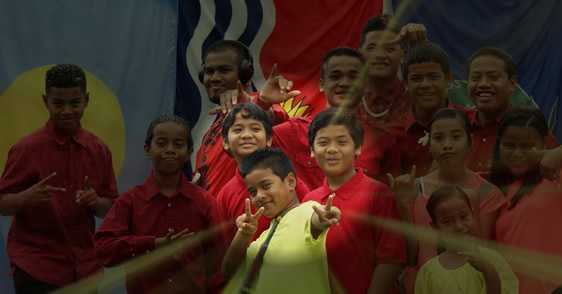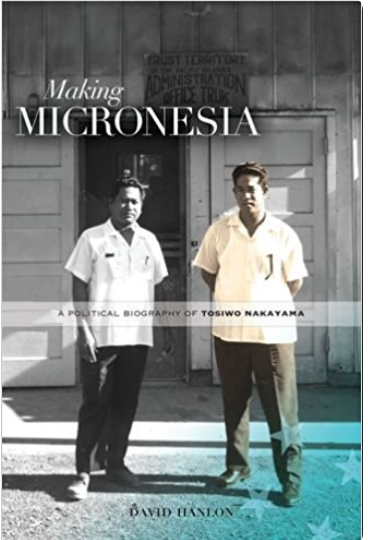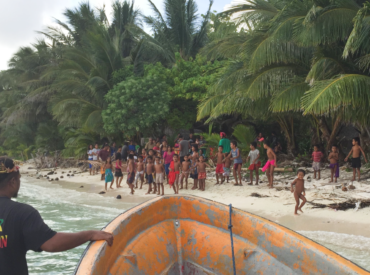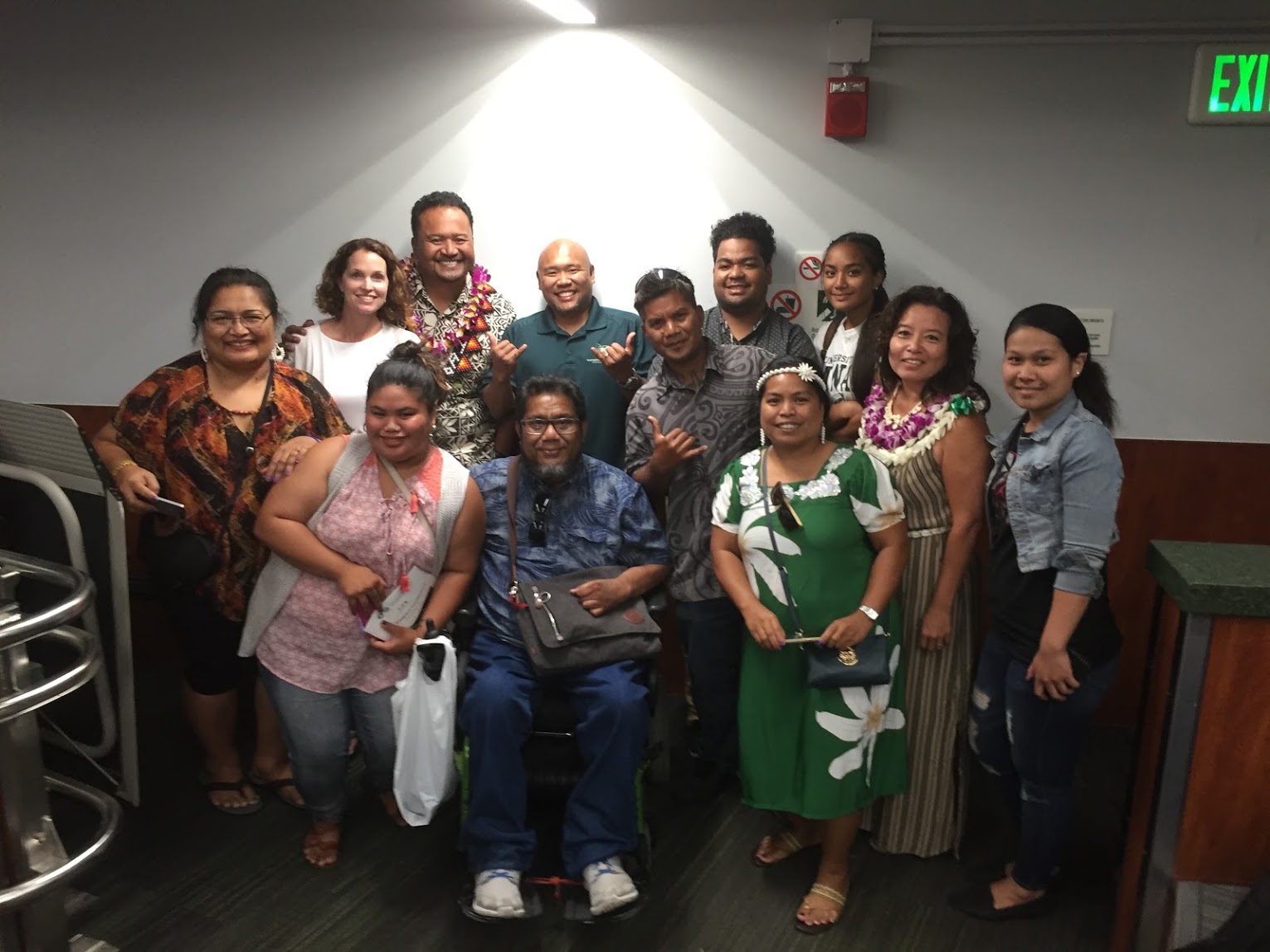“Researcher positionality is important in all research. Essentially, your positionality as a researcher means asking the question, Who am I in relation to my participants and my setting? It has to do with the myriad forms of border crossing that researchers do as they embark on their studies.” (Herr & Anderson, 37)
Explain your current thinking about your dissertation topic. Explain why your topic is professionally relevant and sufficiently important to warrant your personal engagement and commitment for the next two years. Reflect on your positionality as compared to Table 3.1 in Herr and Anderson.”
I am excited about my current dissertation topic. But as an indigenous Micronesian researcher I am also nervous about taking it on given the indigenous protocols of knowledge-seekers. I want to study how the Micronesian diaspora are making sense of their new place in Hawaii.
I want to know what indigenous values, cultures, practices, and protocols are being used by Micronesian parents of school-age children to teach them how to succeed in the American school system amidst the racial discriminations. Do Micronesian parents address these realities and challenges facing the young people with indigenous value-added skills or do they encourage their children to assimilate and use American skill set?
I am experiencing a personal dilemma as a researcher. As a Chuukese parent with children attending a public school in Hilo, I am interested in doing a participatory action research. How am I maintaining my own identity as a Chuukese parent? What indigenous values, if any, am I teaching to my children?
My challenge is to determine whether I consider myself an insider or an outsider. On one hand, I was born and raised in Chuuk from childhood to my youth. On the other hand, I was educated from my undergraduate years to now and living in the US.
Do the Chuukese parents consider me as an insider or an outsider? What right do I have to call myself an insider when in fact my worldview has been predominantly created, assessed, re-created, informed, deformed by my own college education and professional experiences in the US. Since I’m married to an American woman, does that make me more of an outsider?
Professionally, I think the study will add to possible professional development opportunities for local teachers to understand the mindset of Micronesian parents. Perhaps what I learn from the study will help inform other Micronesian parents how to successfully help their children make the necessary adjustments without losing their own values and identities.



